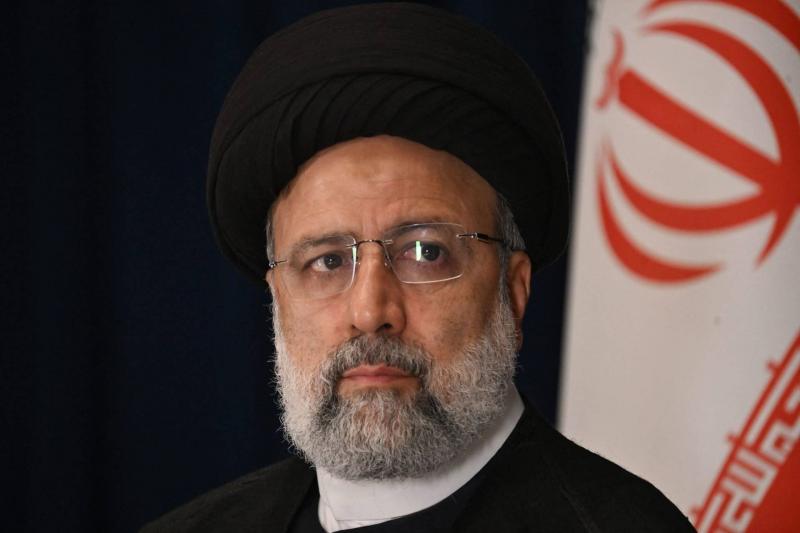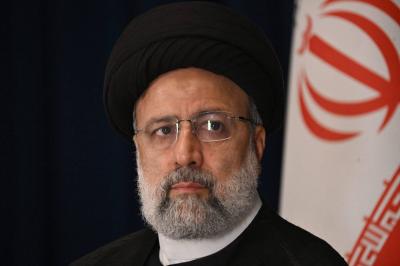The death of Ibrahim Raisi may not lead to meaningful changes in Iranian policies, but it will accelerate the transfer of power under the watchful eyes of Supreme Leader Ali Khamenei to a new generation eager to continue the country's nuclear weapons program without being hindered by foreign policy discussions as in the past. An analysis from Politico notes that Raisi's departure, a product of the Iranian theocracy, will force the older figures in the regime to improvise in a risky moment both domestically and regionally.
Given his involvement in the execution of 5,000 political prisoners in 1988 as part of a broader campaign by the Iranian religious state to intimidate its citizens, many of Raisi's victims may find satisfaction in his death, but the repressive regime he leaves behind will endure. Raisi's rise to the second highest position in the system was not indicative of any charisma or clear political skill, but rather an acknowledgment of his possession of the most valuable traits for late-stage authoritarianism: absolute loyalty to the ruling regime, a track record of brutality, and deep integration within the religious, familial, and security networks that support the state. In this sense, he was a reliable employee in the clerical state, according to the analysis.
For this reason, it is unlikely that his death will bring about significant changes in Iranian policies. The Iranian leadership will be preoccupied with ensuring a smooth transition to a new president amid Iranian indifference, with Khamenei and the security apparatus fully aware of the risks inherent in any perception of weakness, whether in terms of their external posture or internal policies. As a result, the analysis suggests that Iran is expected to be volatile and reactive, potentially becoming more dangerous if it perceives itself in a defensive position.
Khamenei, who has been aggressive in purging his peers and figures from the old establishment like former President Hassan Rouhani and former Parliament Speaker Ali Larijani, finds he has more in common with the younger generation of reactionaries than with his contemporaries, in one of many ironies in Iran. He sees the new generation of traditional classes as connected to his religious republic. They have been trained in schools such as Imam Sadiq University, being soldiers of the revolution, guarding the security apparatus and the Revolutionary Guard.
They have their own political party, the Paydari Party (Steadfastness), and Raisi was acceptable to them due to his grim legacy, but they view most of their elders as corrupt remnants of the past. They dominate the parliament and are now looking towards the presidency. Among the men who could be acceptable as presidents for this group are former nuclear negotiator Saeed Jalili and current Minister of Roads and Urban Development Mehrdad Bazrpash. They believe the time has come for them, with Khamenei's arrangements for succession looming above all this.
Khamenei needs men who do not waver in the face of international pressures or succumb to the temptations of trade with the West, as Rouhani did. He has no choice but to assign his state to one of the last segments of society that still believe in the cause of God, who are theorists yet to be tested.
The remaining issue Khamenei needs to settle before his departure is the nuclear program. Iranian scientists and technicians have done their work, and there may no longer be any technological barriers left to the bomb. Khamenei has expanded the nuclear infrastructure in terms of size and sophistication but has been reluctant to cross the final line and actually detonate the bomb, according to the analysis.
As he contemplates his most crucial and final decision, he will increasingly be surrounded by men whom he feels have little to lose in an era of American decline in the Middle East. The analysis concludes that Raisi was in many ways a transitional figure in the Iranian system between those present at the onset of the revolution and the new generation under Khamenei’s watchful eye, who will assume power believing that the world is going their way.




